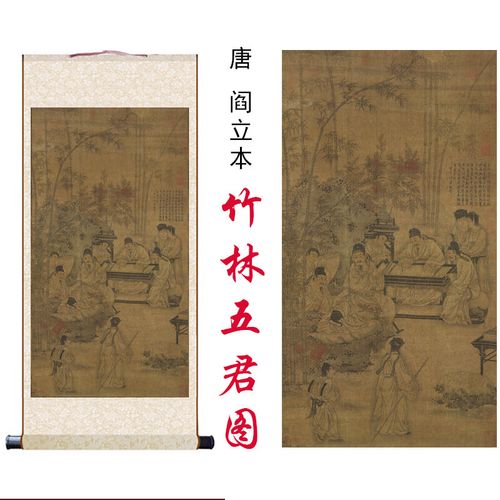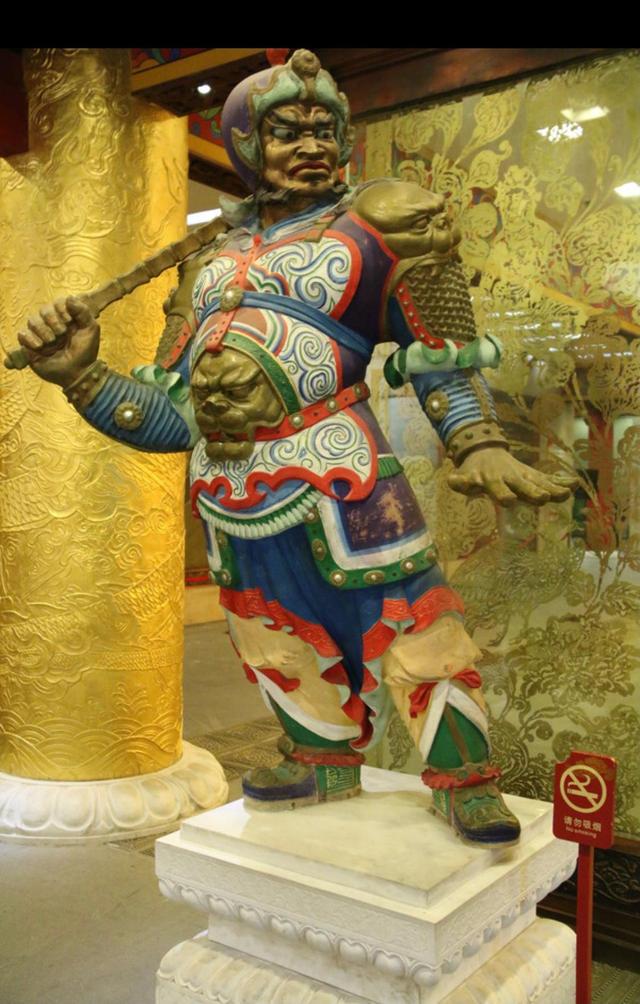When it comes to Tang Yin, what does everyone think of? Below, the History Encyclopedia editor will introduce the historical deeds of this person to you.
Tang Yin was a famous painter, calligrapher, and poet in the mid to late Ming Dynasty. He was free spirited and talented. He was born on the fourth day of the second lunar month in the sixth year of the Chenghua reign of the Ming Dynasty, with the courtesy name Bohu. Later, he changed his courtesy name to Ziwei and was given the titles Liuru Jushi, Taohua Anzhu, Tang Sheng of the State of Lu, and Escaping Zen Immortal Official. Many of his works, such as the paintings “Returning Home on a Donkey Riding”, “Song Song on a Mountain Road”, “Mingshi”, “Wang Shu Palace courtesans”. The Star Lord comedy “Tang Bohu Dian Qiu Xiang” that we have all watched was created based on him and a folk story.
In the feudal era, it was the choice of many talented scholars to take the imperial examination and become officials. However, Tang Yin did not enter the officialdom because of his experience in the spring examination of the twelfth year of the Hongzhi reign. In the famous Hongzhi Spring Festival case, he suffered heavy blows to his reputation and fighting spirit, and his life was full of ups and downs thereafter.
We can provide a basic overview of the specific circumstances surrounding the Hongzhi Spring Palace case. This spring banquet occurred in the 13th year of the Hongzhi reign of Emperor Xiaozong of the Ming Dynasty. At that time, there were two examiners in charge of the imperial examination, namely Cheng Minzheng and Li Dongyang. Cheng Minzheng studied poetry and books extensively, and believed that only through difficult problems could real talents be selected. Therefore, the question was very rare. The third question, “Question on Strategies,” was extracted from Liu Yin’s (courtesy name Jingxiu) “Record of Quitting the Study” in the Yuan Dynasty. This question was very tricky and many candidates could not answer it. Only Tang Yin and Xu Jing answered it, and those who failed the exam were dissatisfied. In addition, Xu and Tang had old friends with Cheng, and rumors of bribery and leaking of questions began to ferment. Public opinion continued to ferment, and although Hua Chang did not have concrete evidence, he still submitted a memorial to the emperor accusing Cheng Minzheng of selling questions based on his message. The Ming Dynasty attached great importance to the imperial examination, so the emperor attached great importance to this matter, even though it had not yet been released. The exam papers are still being reviewed, and Emperor Xiaozong ordered Cheng Minzheng to stop grading and ordered Li Dongyang to re-examine the papers reviewed by Cheng Minzheng.
Although it was ultimately proven that the two were not on the admission list, the situation could not be quelled. The government even used the Jinyiwei to interrogate Cheng and others. Cheng Minzheng was eventually imprisoned, and both Xu and Tang were stripped of their official positions and appointed as county officials. Xu Jing was deeply affected by this and died of illness after returning home. There is actually a lot of controversy about whether it was really a bribery leak. Both official and unofficial histories have analyzed it, but there is no definite fact. From my perspective, both Xu and Tang were talented people and came from a scholarly family. There was no need to bribe the examiner and risk being discovered, blocking his career. Regardless of the truth, this incident dealt a heavy blow to Tang Yin, who never had the opportunity to enter the court as an official again.


